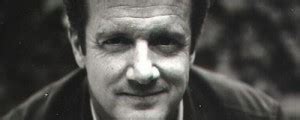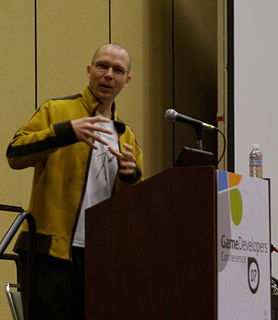A Quote by William Mapother
I can be a bit of a science geek. I tend more towards reading about brain science, neuroscience. I was an English major, so I love discussing possibilities and alternate theories. Aside from the science aspect of it, the philosophical possibilities are so interesting.
Related Quotes
The office of science is not to record possibilities; but to ascertain what nature does ... As far as Darwinism deals with mere arguments of possibilities or even probabilities, without a basis of fact, it departs from the true scientific method and injures science, as most of the devotees of the new ism have already done.
A precondition for being a science fiction writer other than an interest in the future is that, an interest - at least an understanding of science, not necessarily a science degree but you must have a feeling for the science and its possibilities and its impossibilities, otherwise you're writing fantasy. Now, fantasy is also fine, but there is a distinction, although no one's ever been able to say just where the dividing lines come.
Gradually, ... the aspect of science as knowledge is being thrust into the background by the aspect of science as the power of manipulating nature. It is because science gives us the power of manipulating nature that it has more social importance than art. Science as the pursuit of truth is the equal, but not the superior, of art. Science as a technique, though it may have little intrinsic value, has a practical importance to which art cannot aspire.
You know, in college, I never got either degree, but I was a double-major in Computer Science and English. And English at Berkeley, where I went to school, is very much creatively-driven. Basically, the entire bachelor's degree in English is all about bullshitting. And Computer Science, which was my other major, was exactly the opposite of that. You had to know what you were doing, and you had to know what you were talking about.
Literary science fiction is a very, very narrow band of the publishing business. I love science fiction in more of a pop-culture sense. And by the way, the line between science fiction and reality has blurred a lot in my life doing deep ocean expeditions and working on actual space projects and so on. So I tend to be more fascinated by the reality of the science-fiction world in which we live.
Being a philosophical naturalist does not mean that one thinks that science can provide all of the answers. That is scientism and that is wrong. I don't think a billion buckets of science could speak to the problems raised by the Tea Party. Being a philosophical naturalist does not mean that one thinks that the only truths are those of science. I think the claim just made in the last sentence is true but I don't think it is a claim of science. It means that you use science where you can and you respect and try to emulate its standards.

































